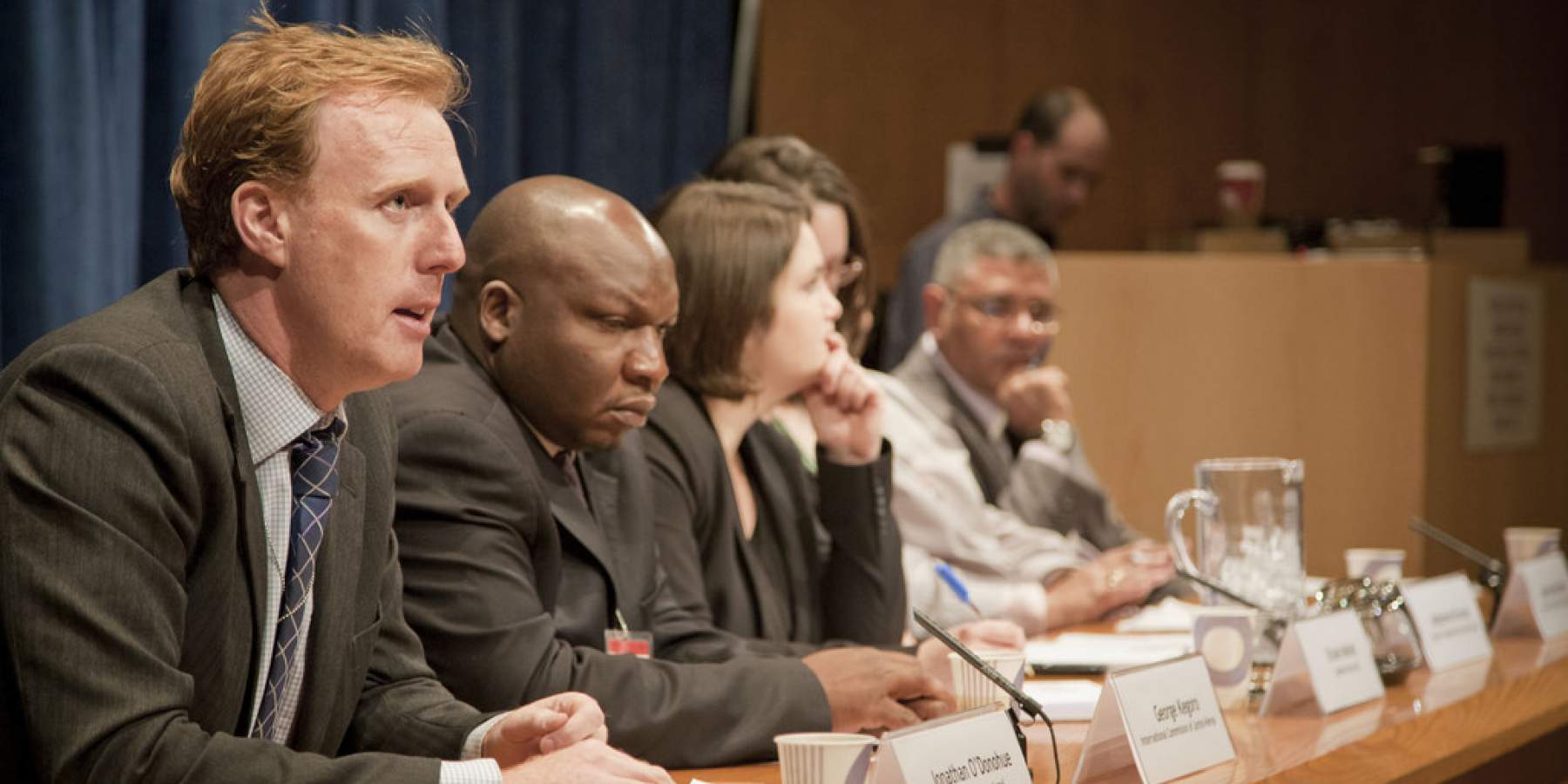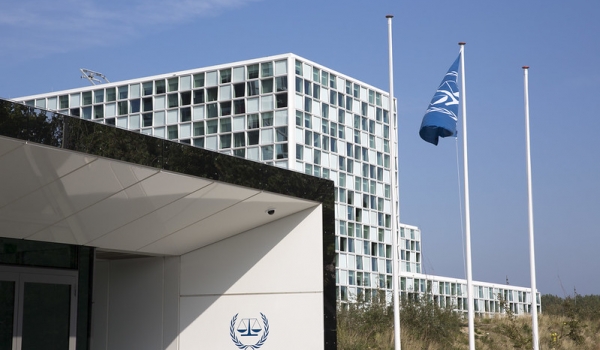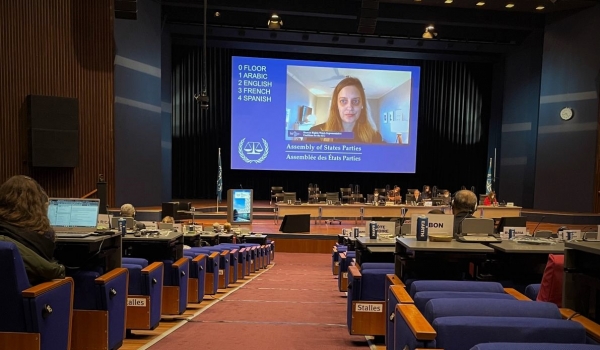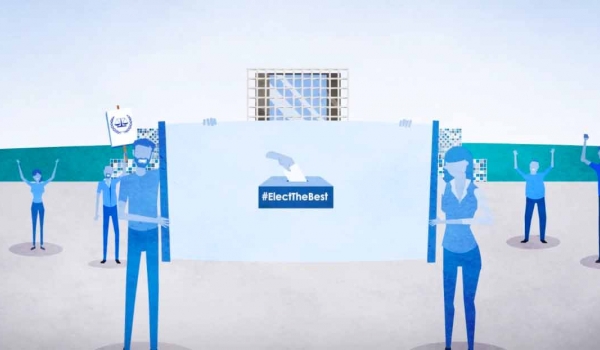The Assembly of States Parties (ASP) meets in full plenary session at least once a year, in either New York or The Hague. Beyond from ICC states parties, non-states parties and representatives of international organizations, hundreds of NGO representatives from all parts of the world attend the ASP session.
States parties use the annual ASP meetings to discuss and take decisions upon issues of importance in relation to the functioning and success of the ICC and the Rome Statute system, whether in relation to the Court’s budget, cooperation, complementarity, or other issues. The outcome of these discussions is then formalized in ASP resolutions.
The ICC is dependent on states parties and can only exercise its mandate to the extent that they assist and reinforce the Court’s work. As such, ASP decisions not only affect states parties’ political will and cooperation, whether mandated or voluntary, but also the functioning of the Court itself.
During the eight days of session, the Coalition continues its advocacy for a fair, effective and independent Court by addressing a number of key issues through advocacy documents, letters, meetings, press briefings and other events.





